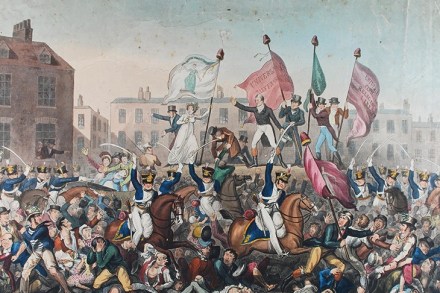An age of paradox
‘It was the best of times, it was the worst of times… it was the epoch of belief, it was the epoch of incredulity, it was the spring of hope, it was the winter of despair, we had everything before us, we had nothing before us … in short,’ as Charles Dickens famously told the first readers of A Tale of Two Cities, it was a period very much like their own. Dickens was right. John Stuart Mill once claimed that the two great ‘seminal minds’ of the period were Coleridge and Bentham, and in that brilliant yoking of opposites — the warm, creative current of Coleridgean thought and the





















